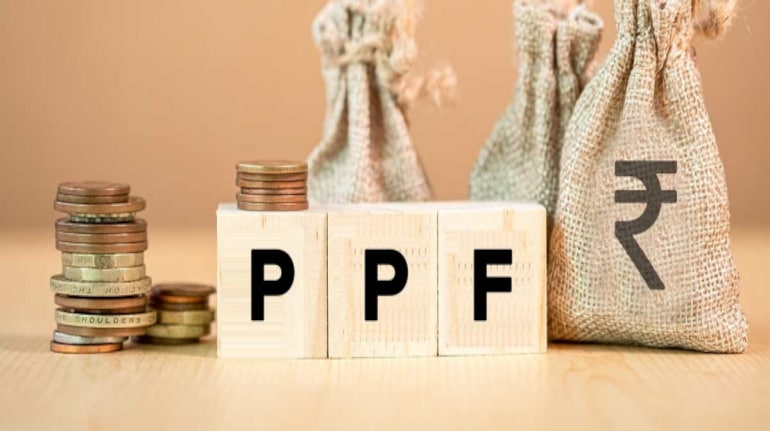
Every year around this time, you will find a lot of noise about why it makes sense to invest the full Rs 1.5 lakh in your Public Provident Fund (PPF) account between 1st and 5th April of the new financial year. To be fair, there is nothing wrong with doing that. But my issue is that people give unnecessary importance to this matter. Let me explain.
As per PPF rules, interest is calculated every month on the monthly balance in the account between the 5th and the last day of the month. Let’s look at it through a simple example.
Suppose on 1st April 2023, your PPF account balance is Rs 3.5 lakh. Let’s say, you want to deposit the full Rs 1.5 lakh (which is the annual upper limit for PPF) at one go. Now let’s compare what happens when you deposit this Rs 1.5 lakh before 5th April and what happens if you do it after 5th April 2023.
ALSO READ: Big boost for small savings schemes in higher interest rates for June quarter
• Invest Rs 1.5 lakh BEFORE 5th April – Suppose you deposit the amount on 3rd April. So now, your new PPF account balance will be Rs 5 lakh (existing Rs 3.5 lakh + new deposit of Rs 1.5 lakh). As per the rules, in this case, the minimum balance between the 5th and 30th of April would now be Rs 5 lakh. So, the monthly interest will be calculated on this minimum balance amount, as (7.1 percent/12) * Rs 5 lakh = Rs 2,958.
• Invest Rs 1.5 lakh AFTER 5th April – In this case, let’s say you deposit Rs 1.5 lakh on 9th April (i.e., after 5th of the month). So now, the minimum balance in your PPF account will change as follows: Rs 3.5 lakh (from 1st to 9th April), Rs 5 lakh (from 10th to 30th April). As you will notice, the minimum balance in this case, between the 5th and the last day of the month, is Rs 3.5 lakh, on 5th-9th April. So, the minimum balance will be calculated on Rs 3.5 lakh, as (7.1 percent/12) * Rs 3.5 lakh = Rs 2,071.
ALSO READ: Your 2023-24 money calendar: Keep your dates with your moneybox, investments, taxes, lender and more
As you can see, the difference isn’t exactly life-changing. I am not saying there’s no difference. And investing the full Rs 1.5 lakh in your PPF before 5th April definitely helps maximise the interest and returns you can get from PPF.
All I am saying is that it’s not so big that people need to worry too much about it. From next month onwards in any case, the minimum balance every month would be the same as you would have already exhausted the full Rs 1.5 lakh limit in the first month of the financial year (April) itself.
For those who feel that the difference would be more since this would happen each year for 15 years (PPF account period), the fact is that the difference is not that huge.
So, coming to a bit of practical advice, if you intend to invest the full Rs 1.5 lakh as lump sum in the PPF account, then try to do it before 5th April to get the maximum interest benefit. But if you can’t do it, even then it is fine. Do it whenever you have the money in hand. In fact, even if you can’t do it in lump sum, do it as monthly investments of, say, Rs 12,500, which totals to an annual contribution of Rs 1.5 lakh.
Don’t lose sleep over dates and when you invest. In my view, it is an unnecessary diversion and pure noise. Also, in this discussion, let’s not miss the forest for the trees.
ALSO READ: 7 changes in financial landscape you need to know this April
When it comes to life, you will not achieve your financial goals by ensuring that you invest the full Rs 1.5 lakh in PPF each year before the 5th of April.
Trying to maximise your gains is one thing. But more important is investing the right amount for goals and that too in the right assets and instruments. Investing in PPF should be part of your overall financial plan and asset allocation strategy that focuses on your real major life goals like children’s education and retirement.
Remember, getting your asset allocation correct and then investing the correct amount regularly are far more important than just trying to push Rs 1.5 lakh in your PPF before 5th April. So cut out the noise and try to focus on getting bigger things right in your financial lives.
Check Free Credit Score on Moneycontrol: Easily track your loans, get insights, and enjoy a ₹100 cashback on your first check!